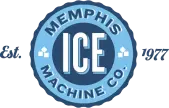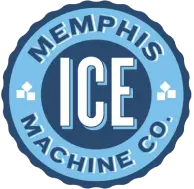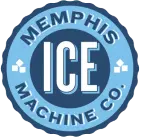proudly serving
the mid-south
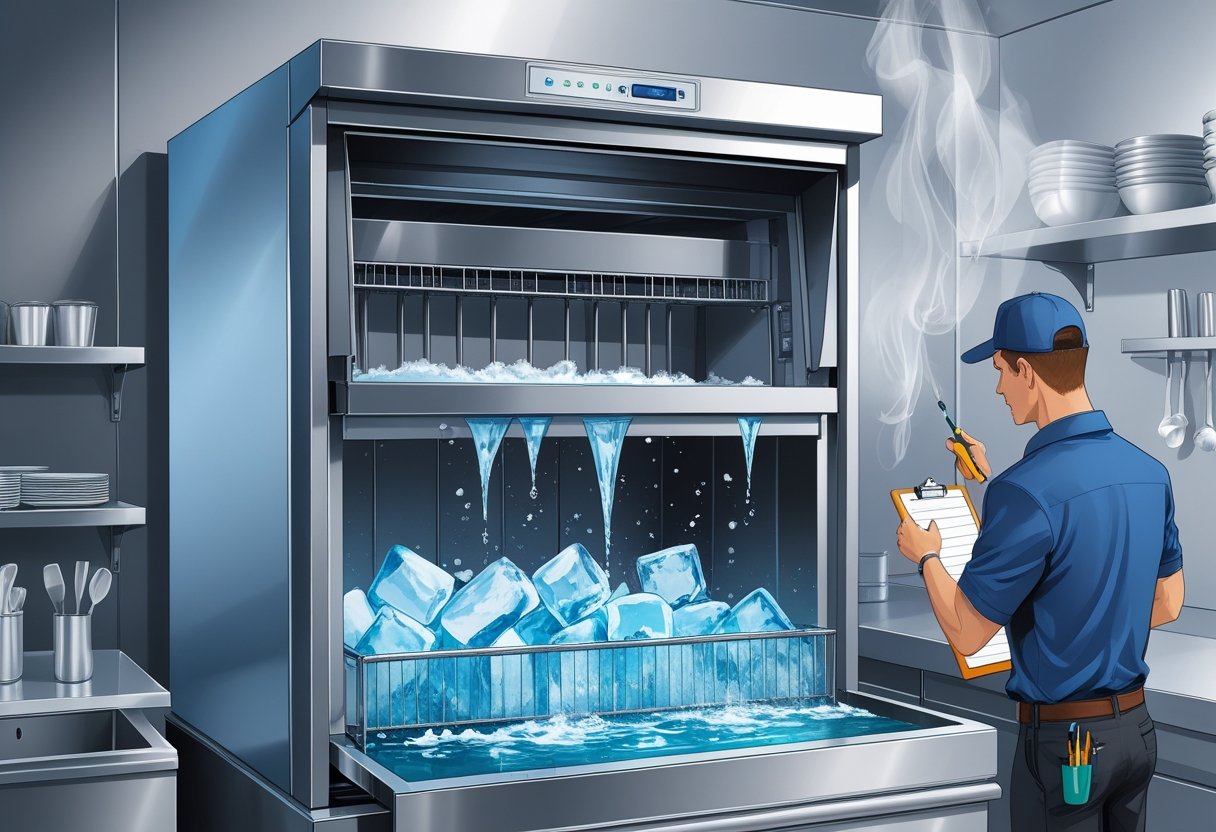
Signs Your Ice Machine Needs Service: Key Indicators to Watch For
When your ice machine shows signs of trouble, it can disrupt your entire operation, from food service to healthcare. Knowing the key signs your ice machine needs service—like slow ice production, strange noises, or unusual tastes—helps you address problems before they become costly breakdowns.
You rely on your equipment daily, and Memphis Ice understands that keeping your ice machine running smoothly means less stress for you. Whether it’s unexpected downtime or poor ice quality, timely maintenance and repair keep your business cool and efficient all year round.
With nearly five decades of experience serving the Mid-South, Memphis Ice is ready to support you through every season. Recognizing when your commercial ice machine needs attention ensures you stay ahead, maintaining consistent ice supply for your customers and operations.
Key Warning Signs Your Ice Machine Needs Service
Keeping your ice machine in good working order means paying attention to specific issues that can affect performance. Some problems develop gradually but signal deeper mechanical trouble, while others appear suddenly and demand rapid action. Knowing what to watch for helps prevent costly downtime and maintains steady ice supply for your business.
Low Ice Production
If your ice machine starts producing less ice than usual, it’s a clear sign something is wrong. You might notice smaller cubes, longer cycles between batches, or fewer trays filled.
Common causes include clogged filters, mineral buildup on components, or failing compressors. These issues reduce efficiency and can lead to complete stoppage if not addressed. Delaying repair risks your operation running out of ice during peak demand.
Low output is one of the most frequent reasons for scheduling ice machine repair. Memphis Ice technicians recommend prompt inspection when production dips. This way, repairs or maintenance prevent costly emergency breakdowns. Tracking your machine’s output daily can help spot slowdowns early.
Unusual Noises or Vibrations
Strange sounds from your ice machine are never normal. Grinding, buzzing, or rattling noises indicate internal parts may be worn or misaligned.
Excessive vibration can mean loose components or mounting issues. Ignoring these signs can accelerate wear on motors, fans, and pumps—leading to bigger problems.
If you hear noises that don’t match your usual machine operation, it’s time for service. A trained technician can diagnose and fix sources of noise before damage worsens. Staying on top of this helps avoid surprise failures and keeps your ice supply consistent.
Leaks or Water Around the Machine
Water pooling near or beneath your ice machine is a serious concern. Leaks could stem from broken water lines, malfunctioning valves, or clogged drains.
Leaks not only waste water but can damage floors and electrical parts, creating safety hazards. They may also reduce ice quality if water contaminants enter the system.
Regularly check the area surrounding your machine for moisture or puddles. If you spot leaks, contact a professional immediately for ice machine repair. Addressing water issues early preserves your equipment’s longevity and maintains hygienic operation.
For reliable ice machine maintenance and repair in the Mid-South, Memphis Ice offers over 40 years of service expertise designed to keep your business running smoothly. Talk to an expert today to protect your ice supply.
Ice Quality Issues Indicating Service Is Needed
Your ice should always be clear, odorless, and uniform in shape. Changes in these qualities suggest potential problems with your machine’s internal components or water source, signaling it’s time for professional inspection and service.
Cloudy or Discolored Ice
Cloudy ice is a common sign that your ice machine needs cleaning or maintenance. Mineral buildup inside the machine affects how water freezes, causing ice cubes to become cloudy or sometimes discolored.
This issue often results from hard water deposits accumulating on evaporator plates or filters. Over time, these deposits reduce ice quality and machine efficiency. If ignored, it can lead to more serious mechanical problems.
Regular descaling and filter replacement are essential to prevent cloudy ice. At Memphis Ice, we recommend scheduling service if you notice this change to keep your ice clear and your machine running smoothly.
Strange Odors or Bad Taste
If your ice develops an off taste or smell, the problem may be mold, bacteria, or contamination within your ice machine. These issues usually stem from insufficient cleaning, dirty water lines, or failing water filters.
Bad-tasting or foul-smelling ice can impact customer satisfaction and pose hygiene concerns, especially in foodservice or healthcare settings.
Cleaning the ice bin, sanitizing internal parts, and replacing filters promptly can resolve these issues. If your ice tastes or smells unusual, contact Memphis Ice for thorough servicing and ensure your ice meets health standards.
Irregular or Misshapen Ice Cubes
When your ice cubes come out misshapen, smaller, or uneven, it indicates a malfunction within your ice maker’s freezing cycle or water delivery system. Problems such as clogged water lines, worn-out components, or thermostat failures disrupt proper ice formation.
Irregular ice affects not only the appearance but also cooling efficiency, which can slow down your operations.
Immediate service can diagnose and fix these mechanical concerns before they cause complete downtime. Keeping your ice machine in top shape ensures consistent ice quality and uninterrupted business flow. For expert advice and repairs, reach out to Memphis Ice to avoid costly interruptions.
Performance and Mechanical Problems
Issues with your ice machine’s function can immediately affect your business. Reduced ice production and irregular operation often point to specific mechanical troubles that, if ignored, lead to bigger breakdowns.
Slow or Partial Freezing
If your ice machine is producing ice more slowly than usual or only partial cubes, the freezing process is likely impaired. This can happen due to insufficient refrigerant, dirty condenser coils, or buildup inside the evaporator plate.
Slow freezing reduces ice output during peak demand times and may cause inconsistent ice cube size or shape. Mineral scale or debris can limit water flow, affecting the freezing cycle. It’s important to schedule regular ice machine maintenance to clean these internal components.
Checking your machine’s water filter and cleaning condenser coils regularly can restore proper freezing speed. If problems persist, you may need refrigeration service to inspect refrigerant levels or mechanical parts. Addressing slow or partial freezing early helps avoid costly downtime.
Frequent On-Off Cycling
When your ice maker turns on and off repeatedly in short intervals, it’s a sign of a mechanical or electrical issue. This cycling can strain the compressor and other components, reducing your ice machine’s lifespan.
Common causes include clogged condenser coils, faulty thermostats, or sensors that misread temperature or water levels. Poor airflow or dirty fans can also cause your ice machine to overheat, triggering rapid cycling to protect itself.
Frequent on-off cycling decreases efficiency and increases energy costs. You should monitor your equipment for this behavior and schedule maintenance if you notice it. A qualified technician from Memphis Ice can perform diagnostics and repairs to keep your commercial ice machine running steadily through busy periods.
Water Supply and Pressure Concerns
Your ice machine depends on a steady, unrestricted flow of water to maintain efficient ice production. Issues in water supply or pressure often show as slower ice making or inconsistent ice quality.
Clogged Water Lines
Clogged water lines restrict the flow of water into your ice machine, directly reducing ice output. This blockage usually happens when sediment, mineral buildup, or debris accumulates inside the water line or filter.
If you notice slower ice production or your machine stops producing ice altogether, inspect the water filter first. Replacing or cleaning it regularly can prevent clogs. Blocked fill tubes inside the machine can also cause problems, requiring professional cleaning.
Ignoring clogged water lines causes strain on your ice machine’s pumps and valves, increasing the risk of repairs. At Memphis Ice, we recommend routine filter checks as part of your ice machine maintenance plan to avoid this issue.
Low Water Pressure
Low water pressure means there isn’t enough force pushing water through your ice machine’s supply line. This results in incomplete ice mold filling and slow ice production.
Common causes include closed or partially closed water valves, leaks in supply lines, or municipal water supply issues. You might find your ice machine producing smaller, misshapen ice cubes or stopping production unexpectedly.
If low water pressure is persistent, testing pressure levels and repairing any leaks is crucial. Memphis Ice technicians can assess your system and adjust water pressure to meet your commercial ice machine’s needs, ensuring consistent ice output during peak demands.
The Importance of Preventative Maintenance
Keeping your ice machine in top working order requires regular attention to critical components. Addressing issues before they affect performance helps avoid costly repairs and extends the life of your equipment.
Professional Inspections
Scheduling professional inspections is essential to catch problems early. A trained technician will examine electrical connections, compressors, water valves, and internal mechanics for wear or damage that might not be visible during routine checks.
These inspections often include testing system pressures and temperatures to ensure everything operates within manufacturer specifications. Identifying worn bearings or failing augers early prevents machine downtime during peak business hours.
At Memphis Ice, our technicians provide detailed reports and recommend necessary repairs promptly, minimizing disruption to your operations. Regular inspections form the backbone of effective ice machine maintenance, helping you avoid unexpected breakdowns and costly ice machine repair.
Routine Cleaning and Descaling
Routine cleaning removes mineral buildup, debris, and bacteria that accumulate in water and ice pathways. This buildup can degrade ice quality and decrease machine efficiency, ultimately affecting your business’s service.
Descaling is crucial in areas with hard water. Scale buildup restricts water flow and reduces heat exchange efficiency, forcing your machine to work harder and consume more energy. Follow a cleaning schedule based on your machine’s usage and water quality, typically every 1-3 months.
Use manufacturer-recommended cleaning agents and sanitizers to ensure safety and compliance. Memphis Ice recommends combining cleaning with filter replacements and sanitizing water tanks to prevent bacteria growth. Routine cleaning protects your investment and ensures consistent, reliable ice production year-round.
Frequently Asked Questions
Knowing what to watch for can save you from unexpected downtime and costly repairs. Signs like reduced ice production, strange noises, and visible leaks all indicate when your ice machine needs attention. Staying ahead with regular checks helps ensure smooth operation in your business.
What are common signs that an ice machine requires professional maintenance?
Look for slow ice production, cloudy or small ice cubes, and unusual noises. Leaks around the machine and frequent error messages also signal the need for service. These symptoms often mean internal parts need cleaning or repair to maintain efficiency.
How can I tell if my commercial ice machine isn’t producing ice efficiently?
If your ice output has dropped noticeably or the cubes are misshapen or smaller than usual, your machine might not be working properly. Check for blocked water filters or water supply issues, which are common causes of poor ice production.
What maintenance steps can prevent the most frequent issues with ice machines?
Regular cleaning of the water filter and condenser is essential. Flushing the system and inspecting water supply lines help prevent blockages and buildup. Scheduling routine professional maintenance ensures early detection of potential problems before they escalate.
Are there any health risks associated with not servicing an ice machine regularly?
Yes. Dirty ice machines can harbor bacteria and mold, which may contaminate the ice you serve. Regular sanitation and maintenance prevent these risks, protecting your customers and maintaining compliance with health standards.
What do I do if my ice machine starts making unusual noises during operation?
Unusual sounds often indicate mechanical issues like fan or compressor problems. Turn off the machine and schedule a professional inspection to avoid further damage. Memphis Ice can help diagnose and resolve these issues quickly.
How frequently should a commercial ice machine be professionally serviced?
Professional servicing at least twice a year is recommended for most commercial ice machines. However, machines in heavy-use environments may need more frequent attention. Regular check-ups by Memphis Ice Machine Company keep your equipment reliable year-round.
Recent News
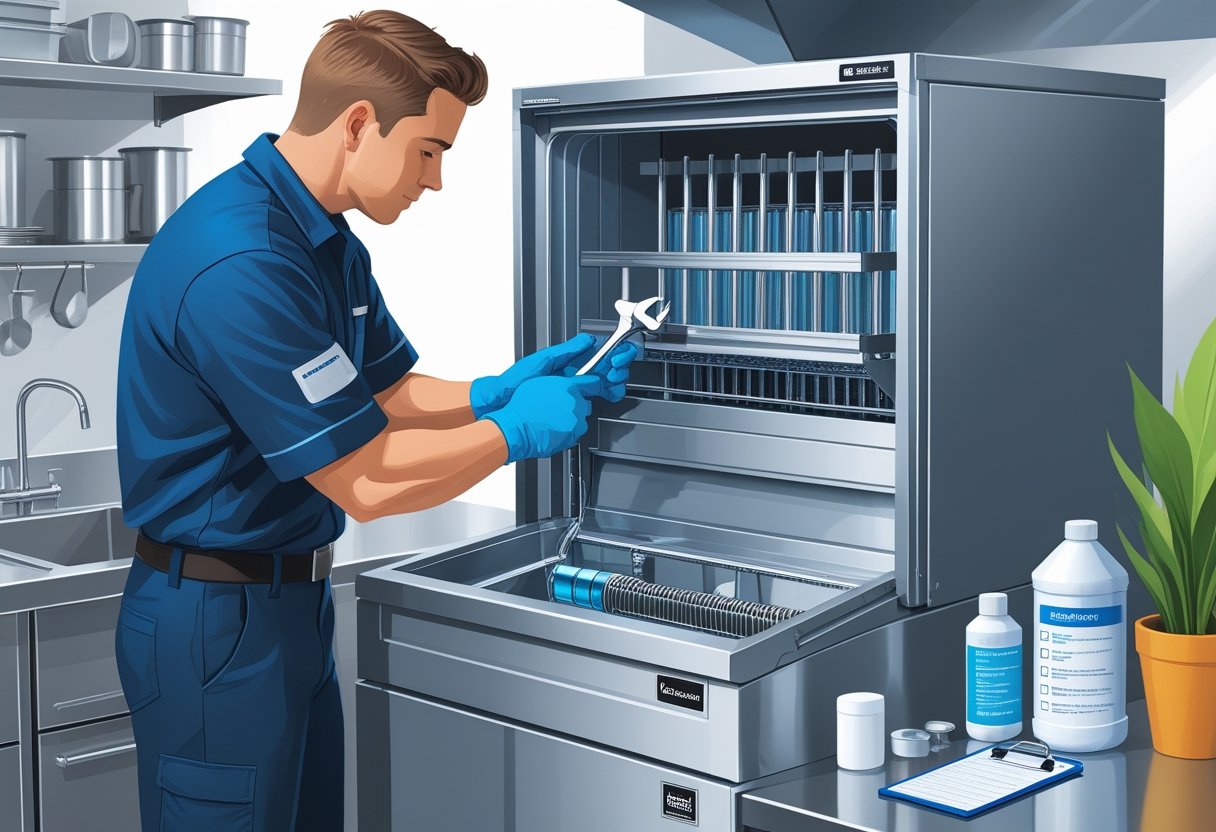
Preventative Maintenance for Ice Machines: Essential Practices to Ensure Efficiency and Longevity
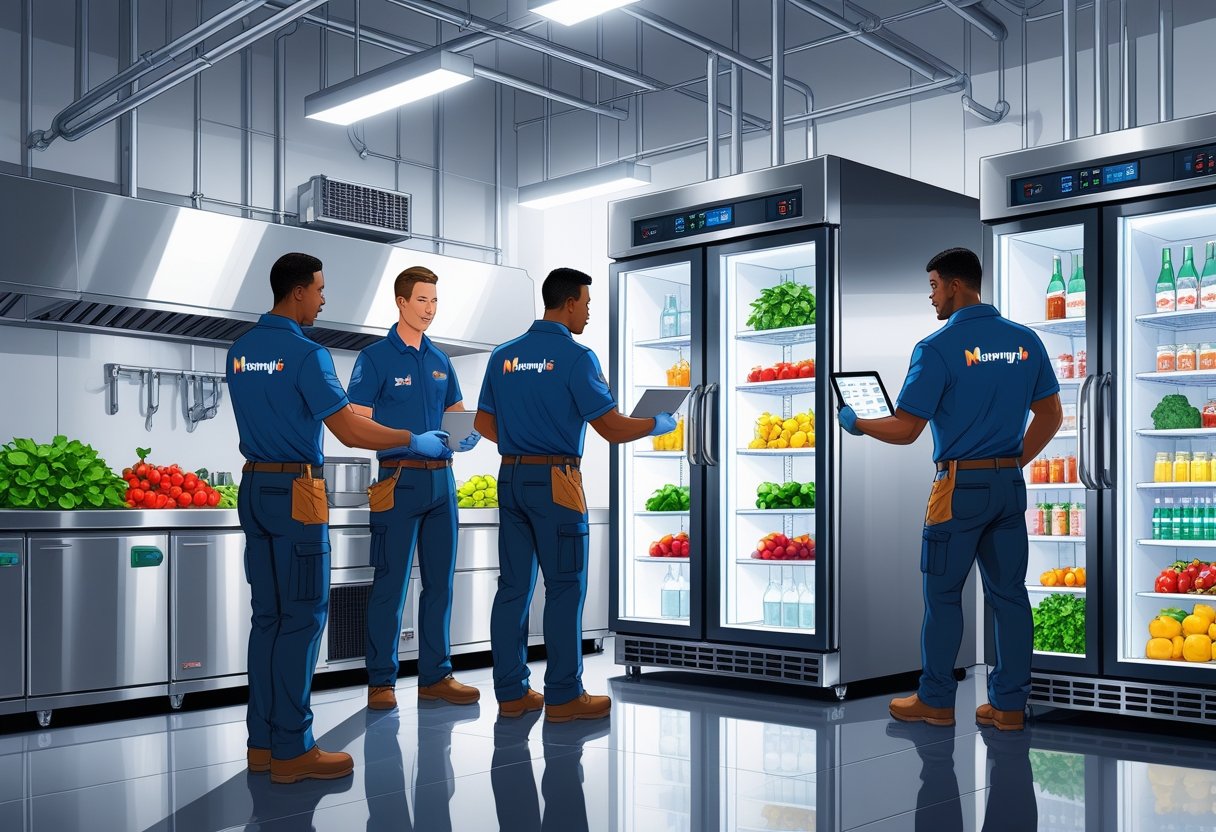
Memphis Commercial Refrigeration Experts Leading Reliable Cooling Solutions for Businesses
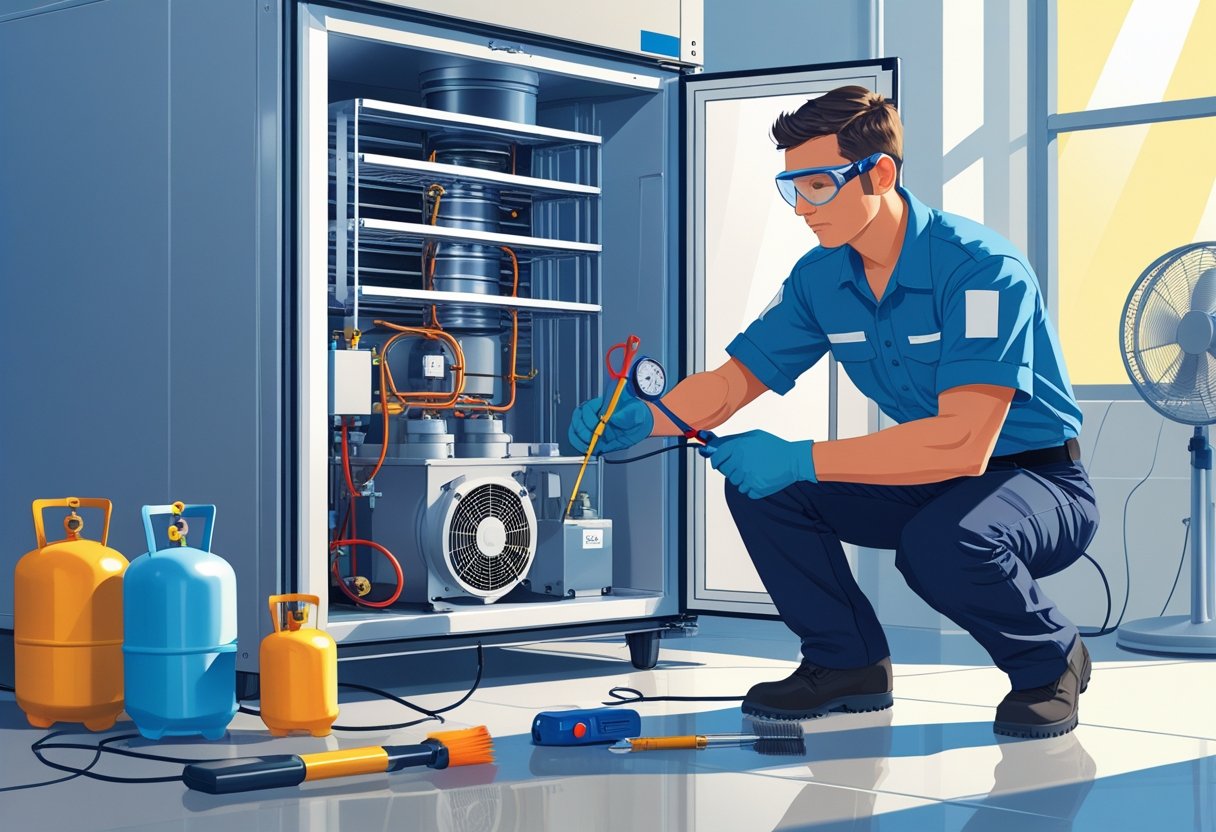
Summer Prep for Refrigeration Systems: Essential Maintenance Tips for Peak Performance
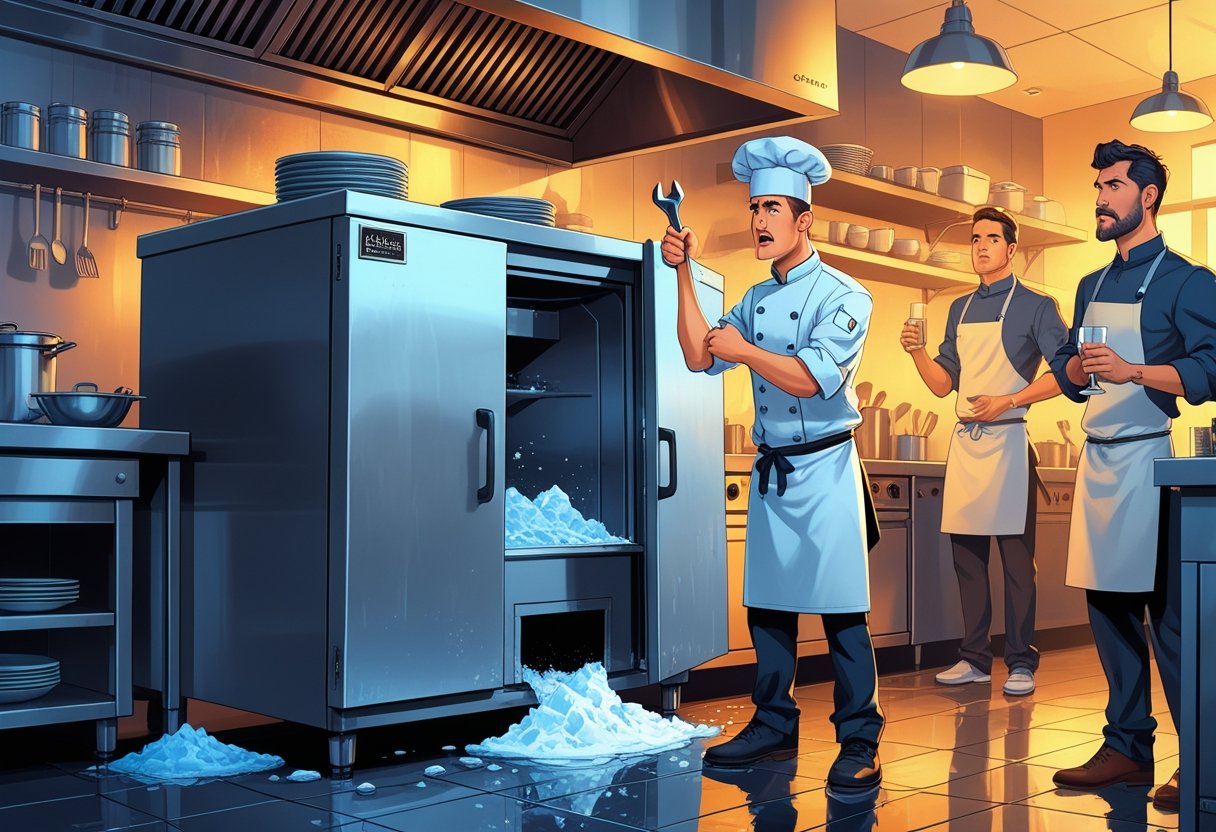
Restaurant Ice Machine Not Working: Common Causes and Quick Fixes
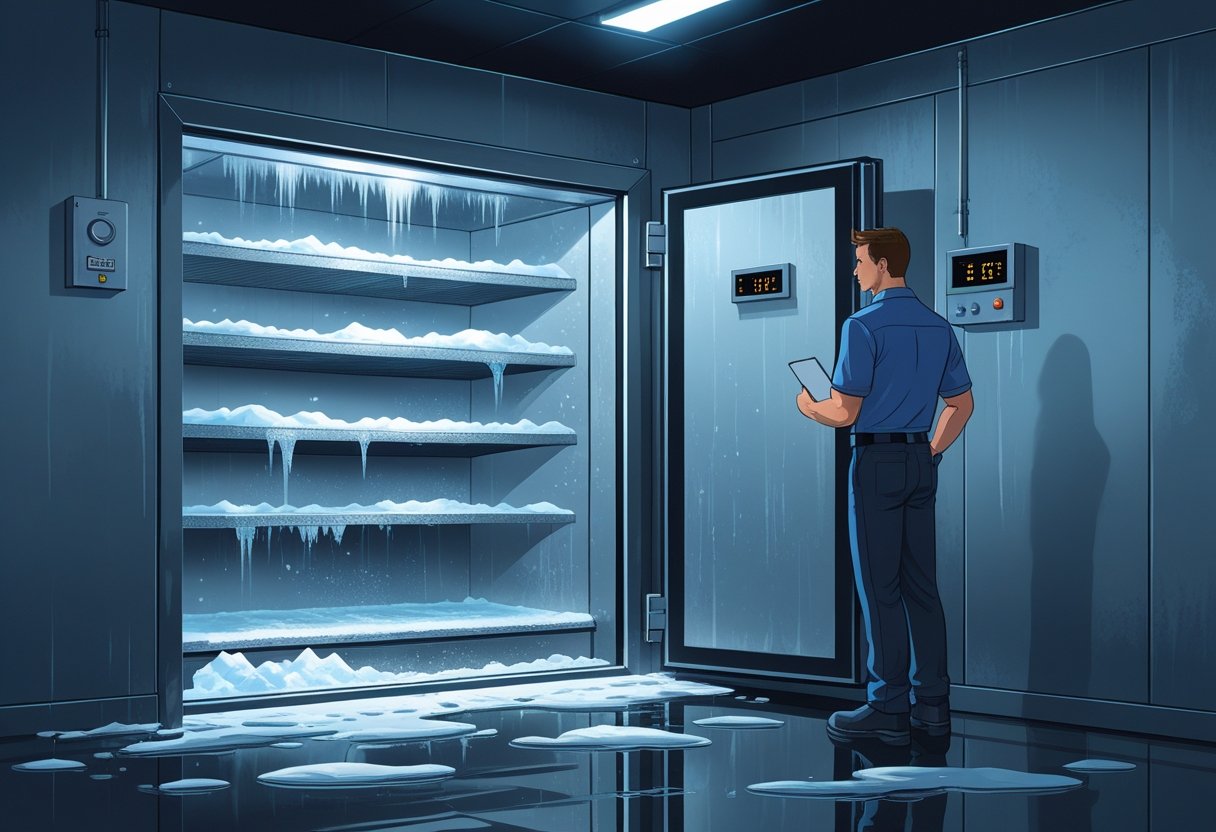
Walk-in Freezer Not Cooling Causes and Effective Troubleshooting Tips
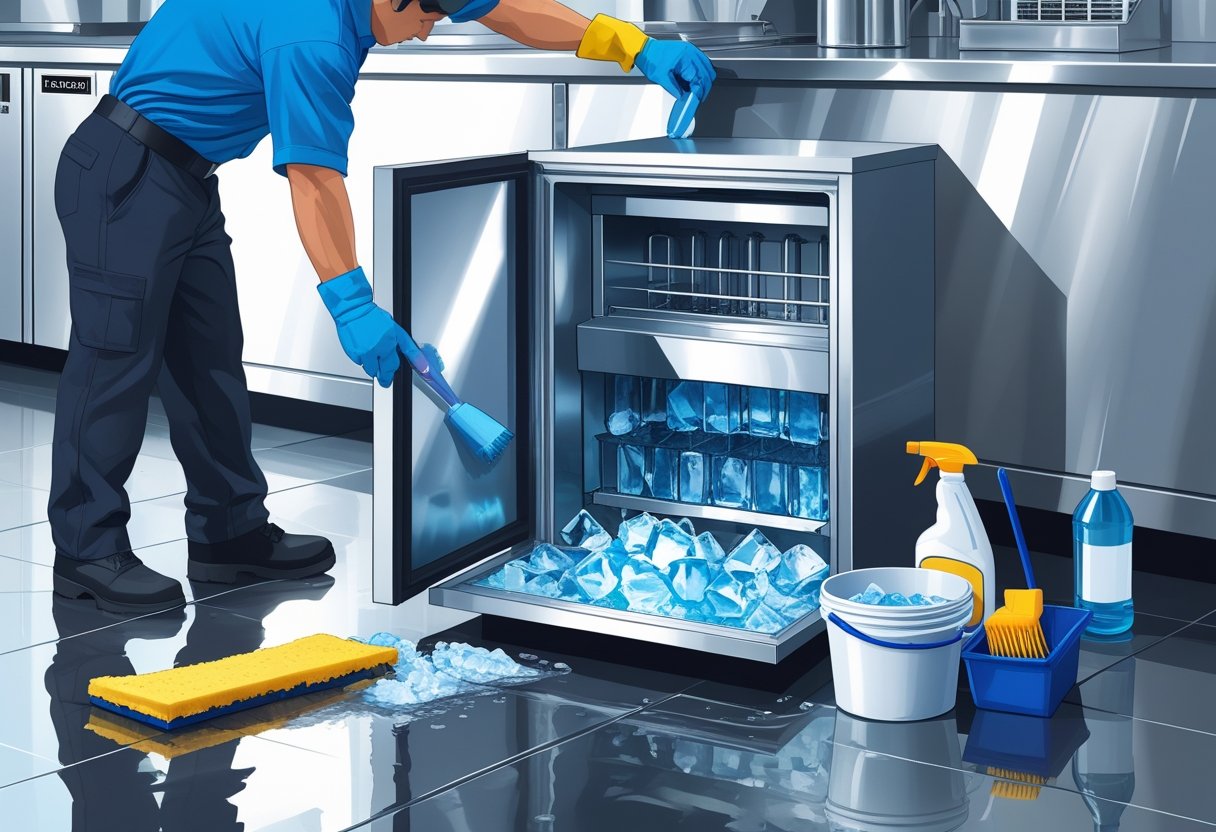
How to Clean a Commercial Ice Machine: Step-by-Step Maintenance Guide

